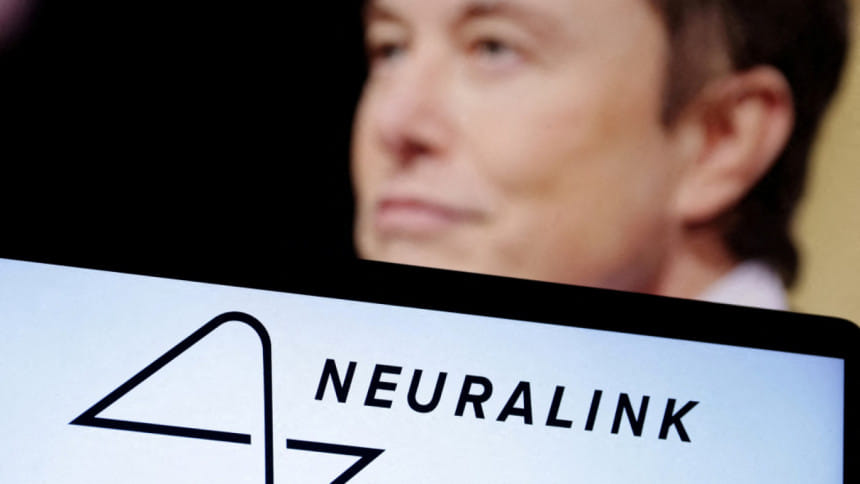Neuralink chip implanted in human brain for the first time: Elon Musk

Neuralink has, for the first time, successfully implanted a chip in the brain of a human patient earlier this week, as per Elon Musk, founder of the brain-chip startup.
"Initial results show promising neuron spike detection," Musk said in a post on the social media platform X on Monday.
Spikes are activity by neurons, which the National Institute of Health describes as cells that use electrical and chemical signals to send information around the brain and to the body.
The U.S. Food and Drug Administration had given the company clearance last year to conduct its first trial to test its implant on humans, a critical milestone in the startup's ambitions to help patients overcome paralysis and a host of neurological conditions.
In September, Neuralink said it received approval for recruitment for the human trial. The study uses a robot to surgically place a brain-computer interface (BCI) implant in a region of the brain that controls the intention to move, Neuralink said previously, adding that its initial goal is to enable people to control a computer cursor or keyboard using their thoughts alone.
The implants' "ultra-fine" threads help transmit signals in participants' brains, Neuralink has said. The first product from Neuralink would be called Telepathy, Musk said in a separate post on X.
The startup's PRIME Study is a trial for its wireless brain-computer interface to evaluate the safety of the implant and surgical robot.
Neuralink did not immediately respond to a Reuters request for further details.
The company has faced calls for scrutiny regarding its safety protocols. Reuters reported earlier this month that the company was fined for violating U.S. Department of Transportation (DOT) rules regarding the movement of hazardous materials.
The company was valued at about $5 billion last June, but four lawmakers in late November asked the U.S. Securities and Exchange Commission to investigate whether Musk had misled investors about the safety of its technology after veterinary records showed problems with the implants on monkeys included paralysis, seizures and brain swelling.
Musk wrote in a social media post on September 10 that "no monkey has died as a result of a Neuralink implant". He added that the company chose "terminal" monkeys to minimise risk to healthy ones.

 For all latest news, follow The Daily Star's Google News channel.
For all latest news, follow The Daily Star's Google News channel. 








Comments